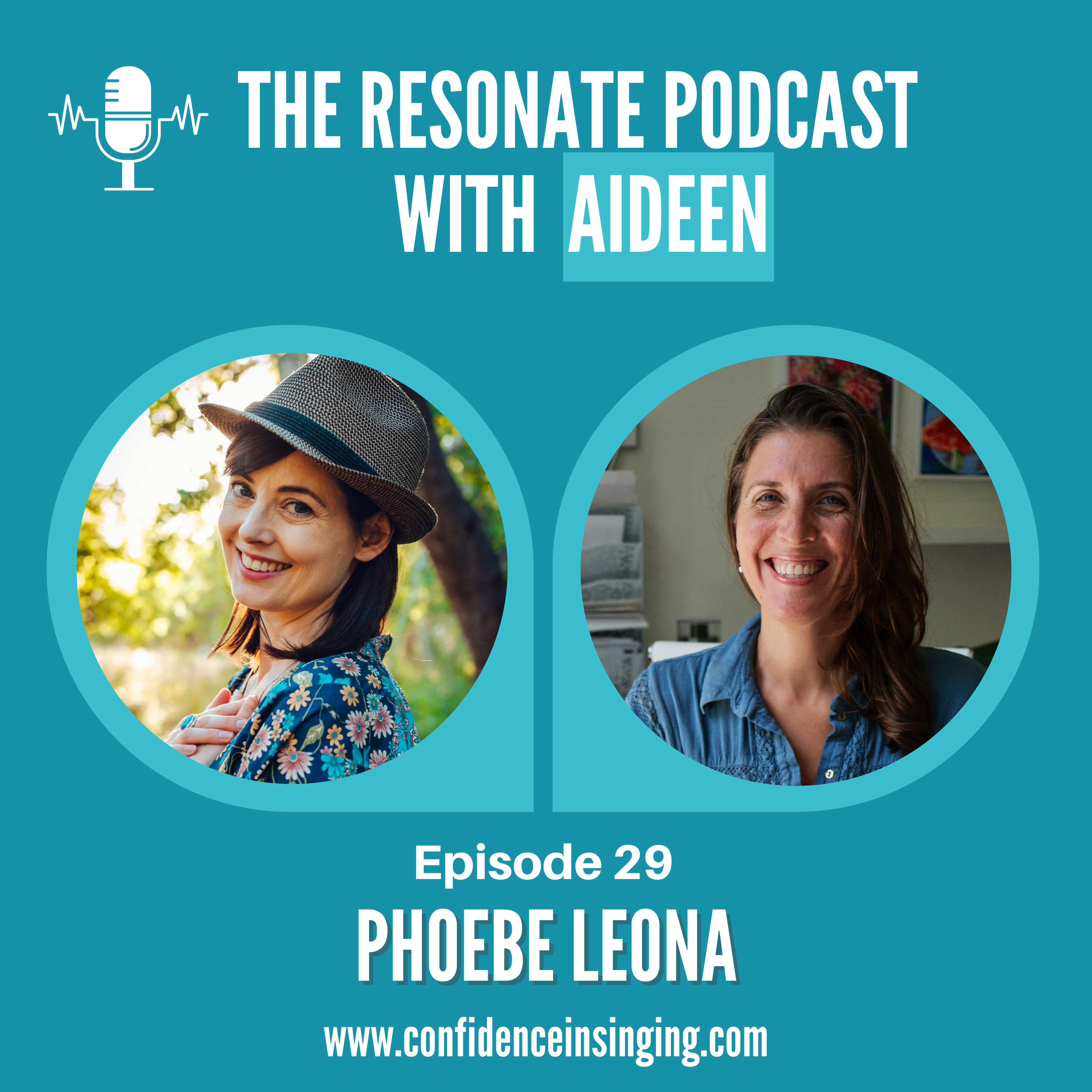Phoebe Leona is the Founder of the nOMad Collective & creator of somatic practice, Mvt109TM and 500 E-RYT. Phoebe is an author, dancer, yoga teacher, and guide who helps people feel more embodied through somatic, movement, and expanded awareness practices to become more empowered in who they are, who they are becoming, and have a greater sense of belonging. She has been a teacher and guide for over 20 years but it was after a year of extreme loss in 2013 when she found herself in the vast open space in between her old life and a new life, that she dove deeply into her practices and began her company,nOMad to help others through their own transitions and spaces in between.
Throughout that time, Phoebe also developed her own movement/somatic practice, Mvt109TM for students to fully embrace the freedom of moving in their bodies, transform old and held patterns, and reclaim the vibrations & stories they want to bring to life. Her Mvt109TM practice is featured in her course on DailyOM. Phoebe also finds joy in sharing her story to help others in their own transformation. You can learn more about Phoebe’s story on her TEDx Talk, her podcast The Space in Between, her chapter in the multi-authored book, Caged No More, and her solo book, Dear Radiant One that is now available.
Connect with Phoebe
WEBSITE: www.phoebeleona.com
nOMad Website: www.thenomadcollective.org
Mvt109: www.mvt109.com
Personal IG: phoebeleona.love
nOMad IG: thenomadcollective
The Space In Between Podcast: The Space In Between Podcast
